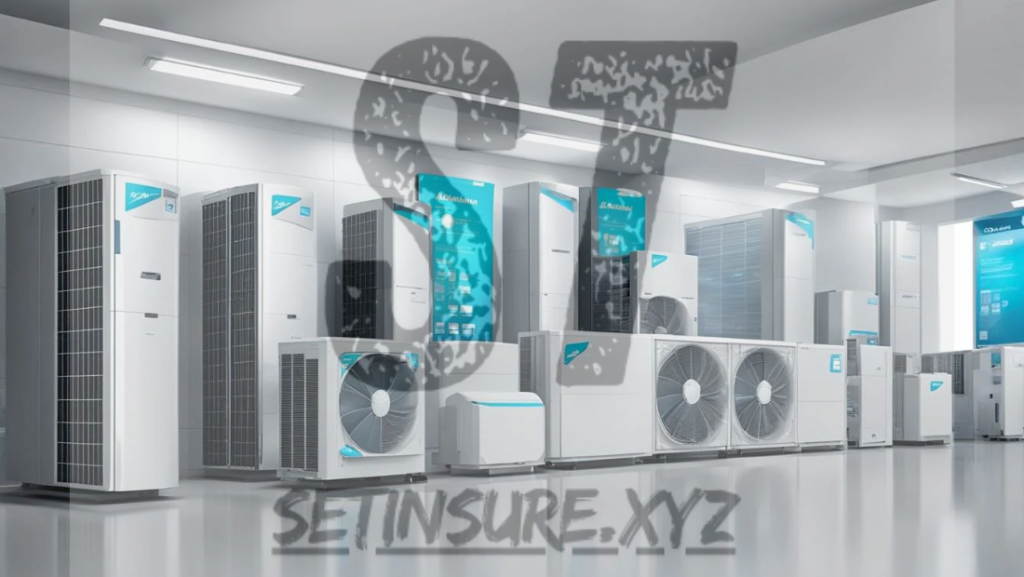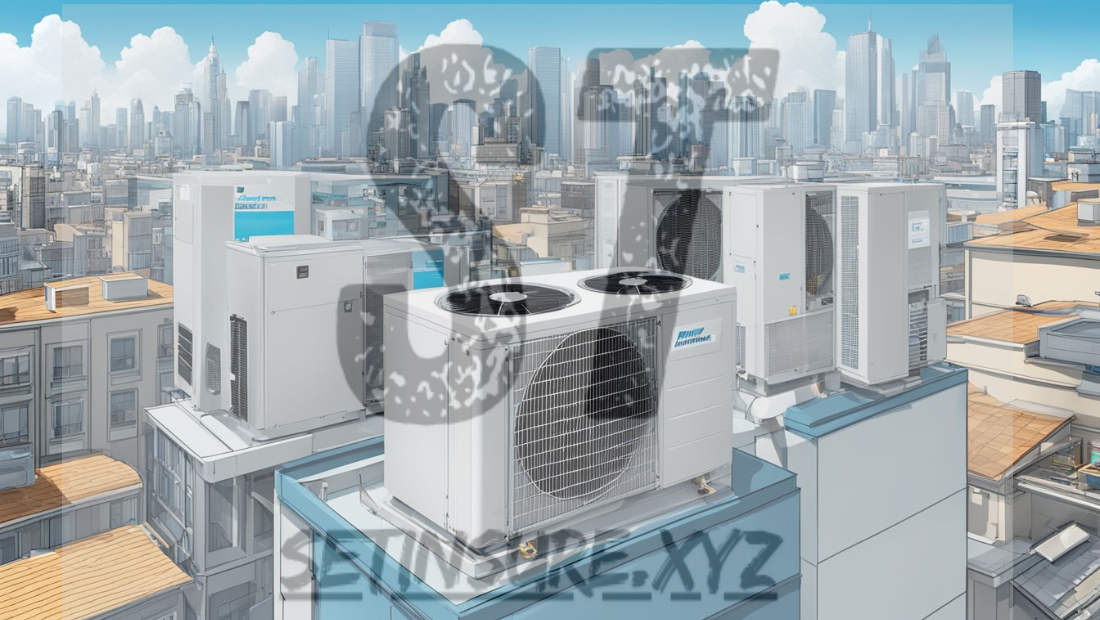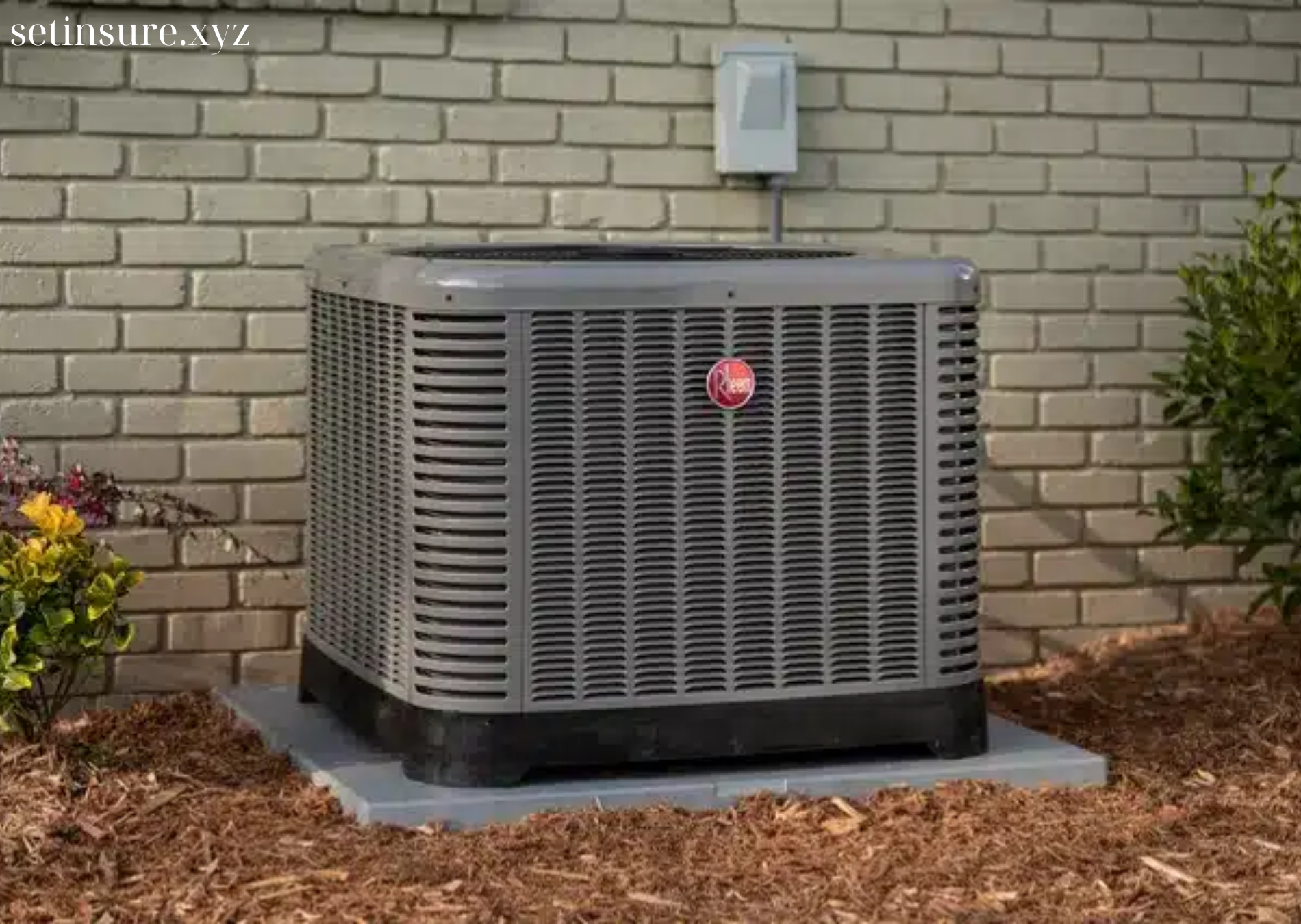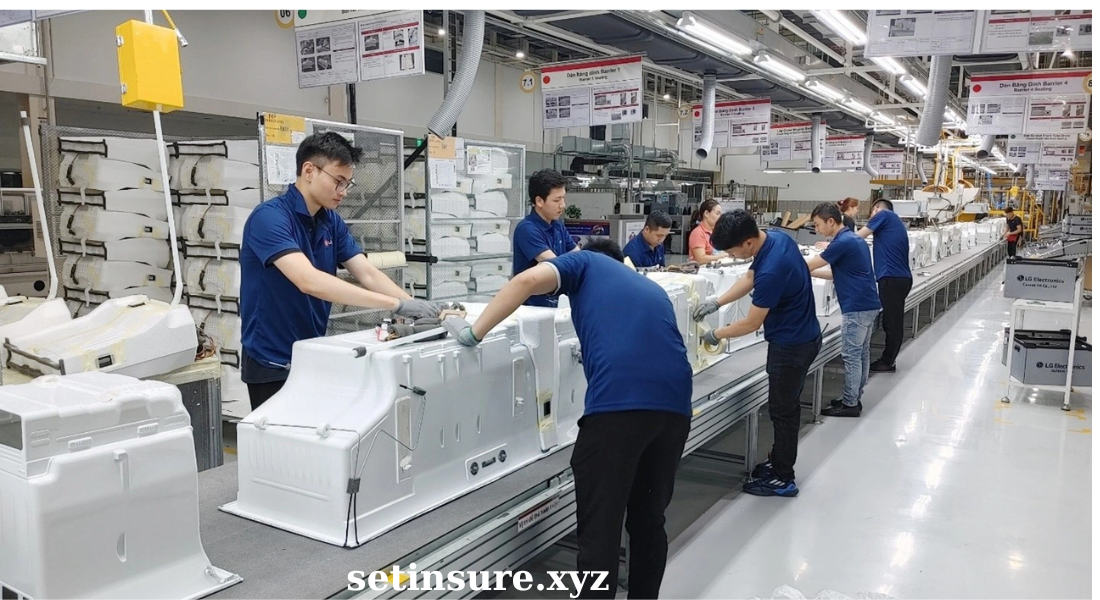The HVAC industry is evolving rapidly, with technology and sustainability driving innovation. Daikin Future HVAC trends showcase how this global leader is shaping the future of heating, ventilation, and air conditioning systems. Combining energy efficiency, smart technology, and eco-conscious solutions, Daikin is setting new benchmarks for comfort and sustainability. This article explores the key trends and how they will transform homes, businesses, and industries.
Smart HVAC Technology: The Future of Connectivity
Intelligent Climate Control
Smart technology is revolutionizing the way HVAC systems operate. Daikin is leading this charge with solutions that offer seamless control and customization.
- Remote Access: Control HVAC systems from anywhere using mobile apps or web interfaces.
- Adaptive Thermostats: Learn user habits to optimize comfort and reduce energy waste.
- Voice Integration: Compatible with smart home assistants for hands-free operation.
These innovations enhance user convenience and ensure optimal energy use.
IoT Integration
The Internet of Things (IoT) is a key driver of future HVAC trends, connecting devices for smarter performance.
- Real-Time Monitoring: Provides insights into system performance and energy usage.
- Predictive Maintenance: Alerts users to potential issues before they escalate.
- Automated Adjustments: Adapts settings based on weather, occupancy, and user preferences.
IoT-enabled HVAC systems improve efficiency while offering personalized comfort.
Sustainability at the Core of Daikin’s Innovations
Energy-Efficient Systems
Reducing energy consumption is a top priority for Daikin, reflecting global efforts to combat climate change.
- Inverter Technology: Adjusts compressor speed to match cooling or heating demand, minimizing energy waste.
- High SEER Ratings: Ensures maximum energy efficiency, reducing operational costs.
- Eco-Friendly Refrigerants: Uses low-global-warming-potential refrigerants like R-32 to mitigate environmental impact.
These advancements align with sustainability goals while lowering utility bills for users.
Renewable Energy Integration
Daikin is exploring ways to integrate HVAC systems with renewable energy sources.
- Solar-Powered Units: Harness solar energy to operate efficiently with minimal grid dependence.
- Hybrid Systems: Combine traditional HVAC technologies with renewable energy for a balanced approach.
- Energy Storage Solutions: Store excess energy for use during peak demand periods.
These integrations make HVAC systems more eco-friendly and cost-effective.
Carbon Neutral Goals
Daikin is committed to achieving carbon neutrality by innovating in manufacturing and operational practices.
- Sustainable Production: Uses energy-efficient processes and recycled materials.
- Lifecycle Optimization: Designs products for durability and end-of-life recyclability.
- Green Partnerships: Collaborates with stakeholders to promote sustainable HVAC practices.
These initiatives reflect Daikin’s dedication to environmental stewardship.

Health-Focused HVAC Solutions
Enhanced Air Quality
Indoor air quality is a growing concern, and Daikin is addressing this with advanced filtration and purification technologies.
- HEPA Filters: Remove up to 99.97% of airborne particles, including allergens and pollutants.
- UV-C Light Technology: Neutralizes bacteria, viruses, and mold in the air.
- Humidity Control: Maintains optimal moisture levels to prevent mold growth and respiratory issues.
These features promote healthier indoor environments for homes and workplaces.
Touchless Operation
Hygiene is a top priority in the post-pandemic world, and touchless HVAC controls are becoming the norm.
- Sensor-Driven Systems: Adjust settings based on motion or occupancy.
- Voice Command Integration: Allows users to control HVAC systems without physical contact.
- Automated Cleaning: Includes self-cleaning features for filters and ducts.
These solutions enhance safety and convenience for users.
Modular and Flexible HVAC Designs
Compact and Scalable Systems
Future HVAC trends emphasize systems that adapt to diverse spaces and needs.
- Modular Units: Combine or separate modules to match heating and cooling demands.
- Space-Saving Designs: Fit into tight spaces without compromising performance.
- Portable Options: Allow for mobility and flexible placement.
These features make HVAC systems more accessible and versatile for different environments.
Zoning Capabilities
Zoning technology offers precise climate control for multiple areas within a building.
- Individual Room Settings: Adjust temperatures separately for personalized comfort.
- Energy Savings: Focuses heating or cooling on occupied zones only.
- Smart Sensors: Monitor room conditions and occupancy for efficient adjustments.
Zoning capabilities enhance user comfort while reducing energy consumption.
Industrial and Commercial Applications
Advanced HVAC for Large Spaces
Daikin is pushing boundaries in HVAC technology to meet the needs of large-scale commercial and industrial operations.
- High-Capacity Systems: Handle extensive heating and cooling demands.
- Centralized Control: Simplifies management for multi-floor or multi-building setups.
- Durability and Reliability: Designed to operate efficiently under demanding conditions.
These solutions support businesses in maintaining productivity and comfort.
Data-Driven Optimization
Daikin’s future HVAC trends focus on leveraging data for smarter operations.
- Energy Analytics: Tracks and analyzes usage patterns to identify inefficiencies.
- AI Integration: Uses machine learning to optimize system performance.
- Custom Reporting: Offers detailed insights to inform energy management strategies.
These advancements enable businesses to make informed decisions and reduce operational costs.
Challenges and Opportunities in Future HVAC Trends
Balancing Innovation with Affordability
While cutting-edge technology offers numerous benefits, affordability remains a challenge. Daikin addresses this by offering tiered solutions to meet varying budget constraints.
Training and Adaptation
Adopting smart and sustainable HVAC systems requires skilled professionals for installation and maintenance. Daikin invests in training programs to ensure seamless adoption.
Regulatory Compliance
Daikin stays ahead of evolving regulations by aligning its innovations with international energy efficiency and environmental standards.
Why Choose Daikin for Future HVAC Solutions?
Leadership in Innovation
Daikin consistently delivers groundbreaking HVAC technologies that redefine industry standards.
Commitment to Sustainability
With a focus on eco-friendly practices, Daikin ensures its products contribute to a greener future.
Comprehensive Support
From advanced products to expert services, Daikin offers end-to-end HVAC solutions for every need.
Final Thoughts
Daikin Future HVAC trends reflect a forward-thinking approach to heating, cooling, and ventilation, emphasizing sustainability, smart technology, and health-focused innovations. Whether you’re looking to upgrade your home system, optimize a commercial space, or adopt eco-friendly practices, Daikin’s cutting-edge solutions provide unparalleled performance and peace of mind.
As these trends continue to evolve, Daikin remains at the forefront of redefining comfort and efficiency for a sustainable future. Explore their innovations and take the first step towards smarter, greener HVAC solutions.



